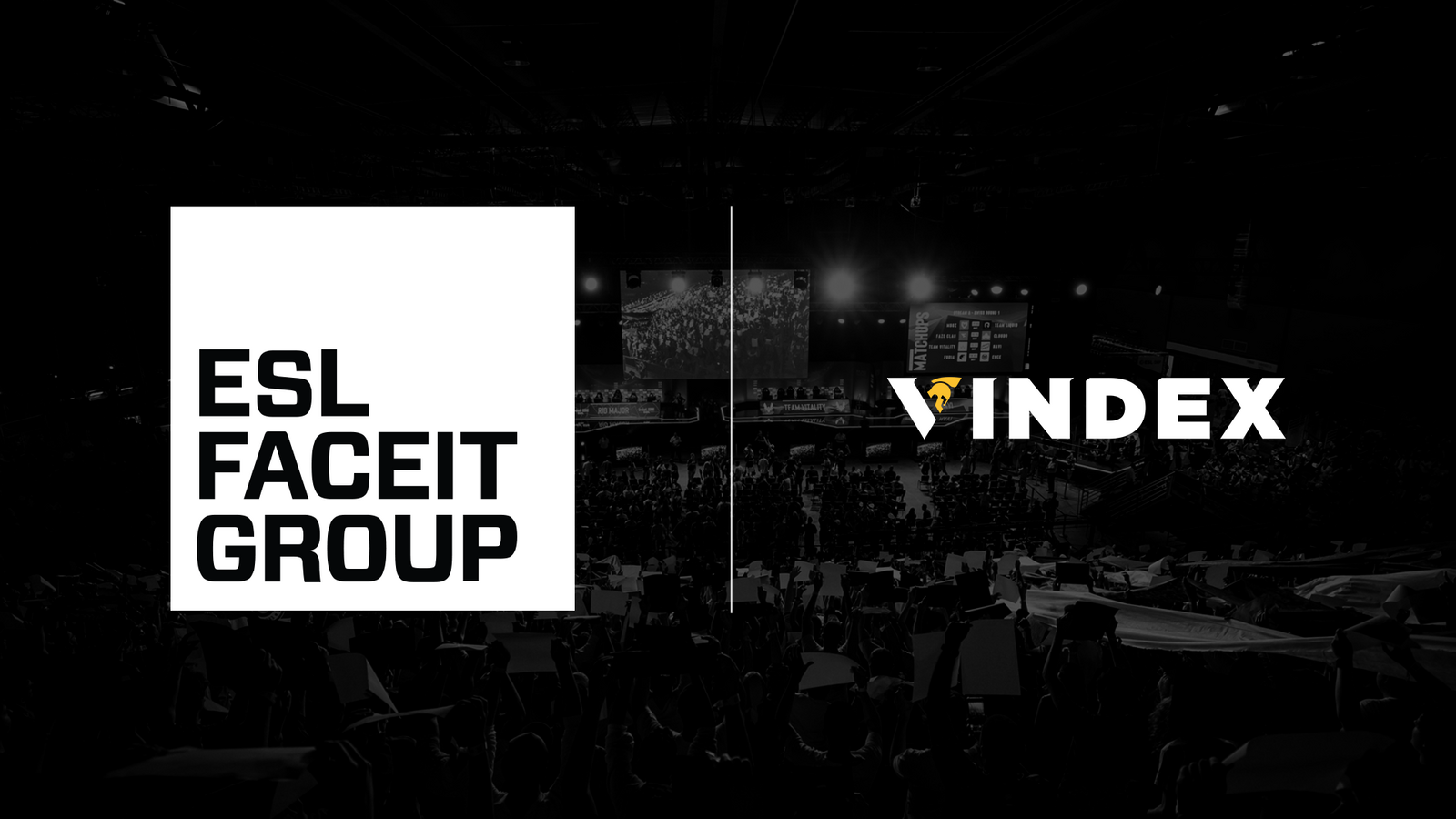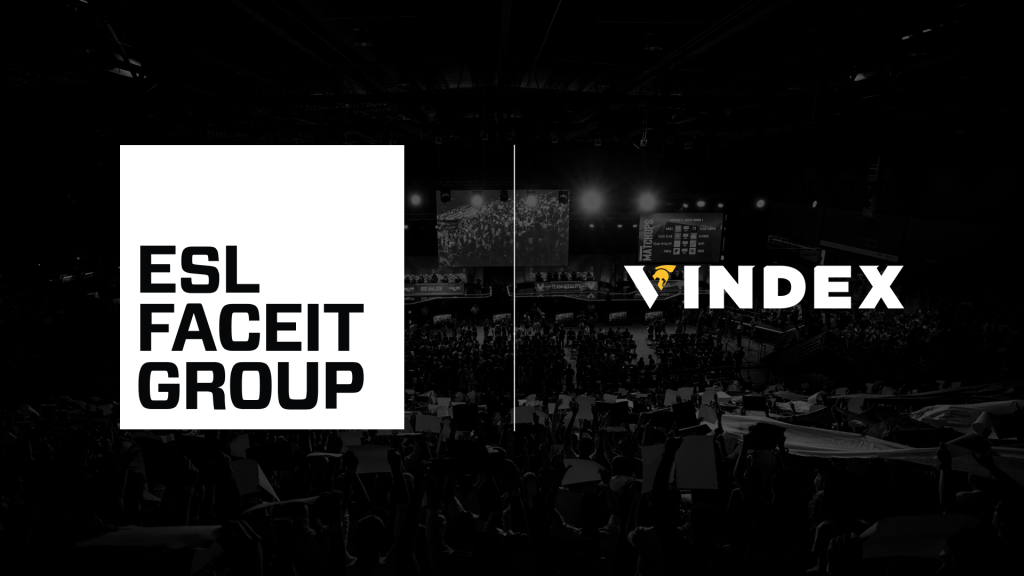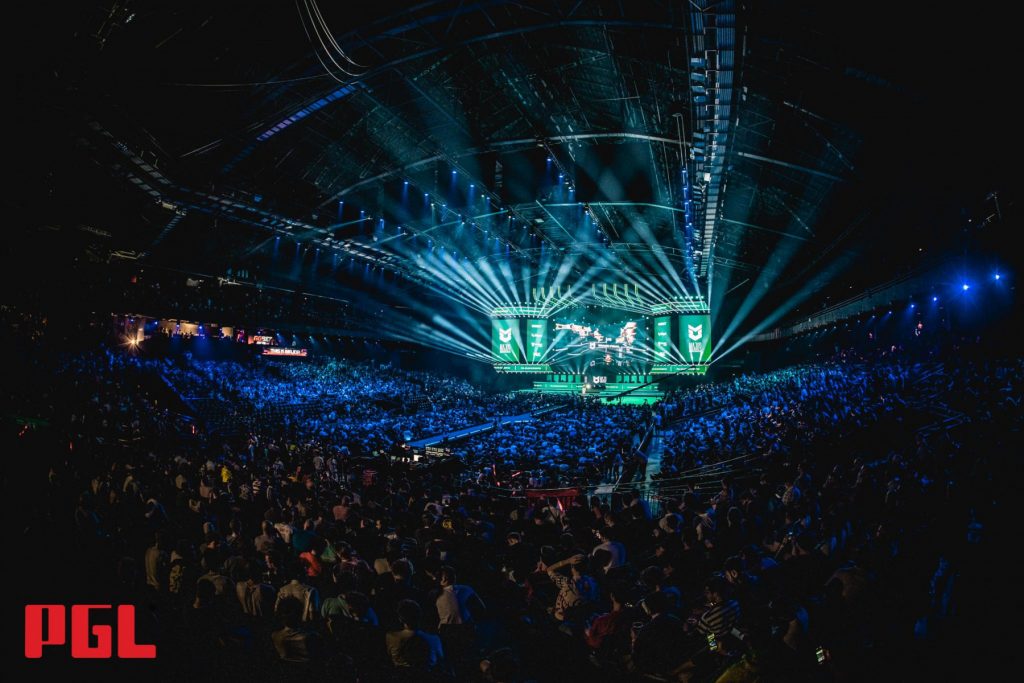Notifications
ALL BUSINESS
COMIDA
DIRECTORIES
ENTERTAINMENT
FINER THINGS
HEALTH
MARKETPLACE
MEMBER's ONLY
MONEY MATTER$
MOTIVATIONAL
NEWS & WEATHER
TECHNOLOGIA
TV NETWORKS
VIDEOS
VOTE USA 2026/2028
INVESTOR RELATIONS
COMING 2026 / 2027
ALL BUSINESS
COMIDA
DIRECTORIES
ENTERTAINMENT
FINER THINGS
HEALTH
MARKETPLACE
MEMBER's ONLY
MONEY MATTER$
MOTIVATIONAL
NEWS & WEATHER
TECHNOLOGIA
TV NETWORKS
VIDEOS
VOTE USA 2026/2028
INVESTOR RELATIONS
COMING 2026 / 2027
About Me
 Latinos Media
Latinos Media Latinos Media provides all types of news feeds on a daily basis to our Members
Posted by - Latinos Media -
on - May 5, 2023 -
Filed in - Esports -
-
683 Views - 0 Comments - 0 Likes - 0 Reviews

 Image credit: ESL FACEIT Group
Image credit: ESL FACEIT Group
Over the past few months, Esports Insider has reported on a myriad of gloomy esports stories. In April alone, legendary organisation CLG was sold for parts to NRG, and Rocket League news site Shift announced its closure months after its purchase by X1 Entertainment Group. Many organisations — like Torrent, TENSTAR, Rix.GG and Tricked — have recently shuttered.
Yet despite the so-called esports correction (almost universally understood by PR agencies to mean ‘contraction’), the industry has seen a number of acquisitions and cash injections from a major new source: Middle Eastern governments.
Perhaps the most notable recent example was Saudi Arabian government-owned ESL FACEIT Group’s acquisition of technology and infrastructure provider Vindex in March, which prompted questions among independent esports companies about how vulnerable the industry is to conglomeration, or a takeover by government interests.
Saudi Arabian interest in esports through Savvy Games Group, a company fully-owned by Saudi Arabia’s Public Investment Fund, has visibly increased over the last two years. According to a report by Mikhail Klimentov, Savvy Games Group CEO Brian Ward explained his plans to “roll up the sector” and build an esports and entertainment company “bigger than Tencent” in a March pitch to Vindex employees.

The purchase of esports infrastructure platform Vindex, which owns tournament operator Esports Engine, certainly proved that Savvy was still serious about making a splash. But how concerned should the sector be with growing monopolisation?
Sascha Steffens, Co-CEO of esports organisation Method, believes that landmark government control of the sector is inevitable. “Even in sports where we see large independent organisations like FIFA, they are under heavy government control. I think this is something that we will see going forward with esports as well because unlike sports, esports organisations struggle much more with revenue, especially at the moment.”
Rising Saudi Arabian influence in esports has been a growing subject of concern for fans and stakeholders in the industry. The Saudi government has been accused of ‘esportswashing’, an attempt to use gaming and esports to distract from the company’s human rights record, particularly on LGBTQ+ and women’s rights. Many are vocal in their belief that esports must not help authoritarian regimes polish their image.
That said, esports companies urgently need cash to buy more time while they remain unprofitable. This hard truth was echoed by Version1 COO Brett Diamond last month in an interview with Digiday, as he announced his company was proactively seeking an acquisition despite “meeting financial projections every year the organisation has existed.”
Because of its current need for cash, the industry is vulnerable to large-scale buy-ups or monopolisation. Esports teams have grown to large, often unsustainable sizes, in turn ballooning player salaries and requiring urgent liquidity injections to stay open.
As the ones making most of the cash, game publishers are now a serious revenue option for esports teams: publishers pay teams stipends to compete in their competitions, and the best ones share revenue generated from in-game microtransactions. But this comes with its own issues; even franchised leagues see churn in organisations due to the cost and logistical difficulty of running teams. The Overwatch League reportedly faces a collective bargaining process from franchised teams in its league due to high costs and low revenue.
Despite its scale and preeminence in the West, it is worth remembering that ESL FACEIT Group (EFG), and therefore Savvy, has not yet achieved a global monopoly. “Their footprint in Asia is nowhere near as big as other entities,” says Steffens. “There are also other emerging markets like Brazil, where there are other big players.”
Staying independent remains possible — at least for some. Steffens’ organisation, Method, said it is uniquely placed to reject significant takeovers for short-term cash because it remains entirely owned by its two co-founders and a few business partners with minority stakes.
Method never accepted cash from venture capitalists or private equity to fund unsustainable expansions. While Method isn’t making profits “hand over fist,” Steffens believes that his company’s efforts to be frugal and diversify revenue-making opportunities have enabled it to remain independent.
The EFG conglomerate includes ESL Gaming, FACEIT, Dreamhack and, now, Vindex. Outside of that, BLAST and PGL Esports stand out as the two largest players in the West not owned by the Group.
Speaking to Esports Insider, Silviu Strobe, CEO of Bucharest-born PGL, commented that the options were narrowing for the numerous esports organisations with debt. “Either teams are going to go completely bankrupt, or they are going to try to raise money. But under the current markets, very few will actually succeed.”
National interest rates remain high in an effort to curb inflation, which makes fundraising for high-risk ventures like esports teams challenging. And while FaZe Clan’s plummeting stock price doesn’t necessarily signal industry catastrophe — many promising unprofitable NASDAQ companies have seen their stock price crater due to the financial crisis and waning investor interest — FaZe’s falling price has already prompted awkward questions for esports teams looking to raise capital around potential overvaluation.
PGL says it has resisted takeover efforts by focusing on a single goal: relationship-building and reliability. “If you are able to build a relationship based on trust, that relationship is going to go forever,” Strobe said. “PGL, me personally, we are far from being a perfect company: we’ve had our own share of mistakes, but our relationships with developers have paid off.”
The tournament organiser’s relationship with Counter-Strike and Dota 2 publisher Valve has enabled it to consistently be trusted with high-profile major events including Counter-Strike 2’s first Major. PGL currently has a future tournament calendar that stretches to January 2025.
 PGL, one of the few remaining independent tournament organisers, primarily runs Dota 2, CS:GO and Apex Legends events. Image credit: PGL
PGL, one of the few remaining independent tournament organisers, primarily runs Dota 2, CS:GO and Apex Legends events. Image credit: PGL
As for the political issues associated with a company taking on the Saudi Arabian state as its owner, so-called ‘dodgy money’ is nothing new in esports. Strobe offered some context. “Historically, esports was always trying to bring money from various places around the world. It got lots from websites selling grey game keys, betting money, crypto money, whatever.”
PGL has been offered cash — actual, physical money — from shady organisations before, but Strobe said he never accepted it. Nor has PGL taken money from crypto businesses, which have. imposed yet another element of financial exposure for esports teams in recent months. Perhaps its survival without such means is a (years-too-late) lesson for capital-hungry firms today.
ESL FACEIT Group now controls a massive portion of Western esports, but the fight for independence of the remaining organisations and tournament organisers is not over. The scene still needs capital, and governments with deep pockets remain a tantalising prospect.
Method’s route to independence was chartered largely through diversification — apart from its media wing, the company has a large tech unit too — a theme already present amongst numerous esports companies, from TSM’s Blitz to Fnatic’s peripherals business.
Savvy Games Group is not finished with acquisitions. It may soon own an even larger proportion of the esports landscape through a similar infrastructure or game developer buy-up. But in spite of the sorry fate of many over-ambitious teams, PGL and Method prove that even in a highly competitive industry, it is possible to be financially sensible without large, morally murky investment.